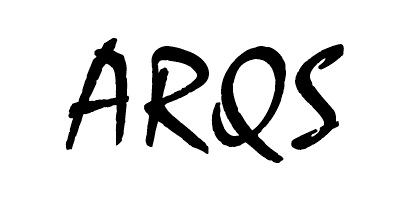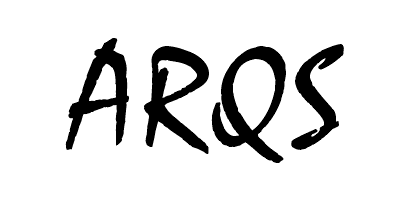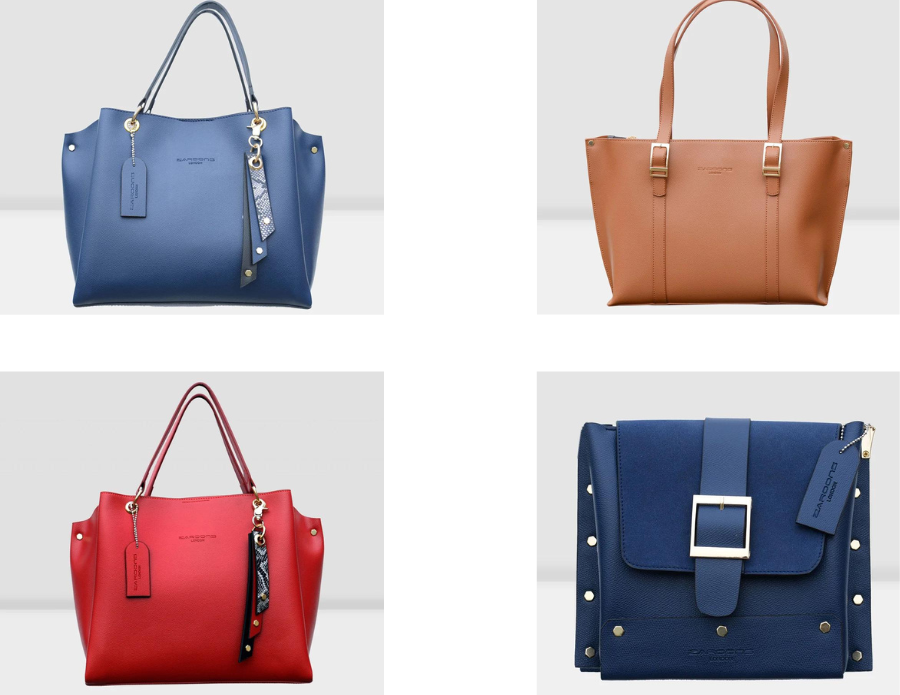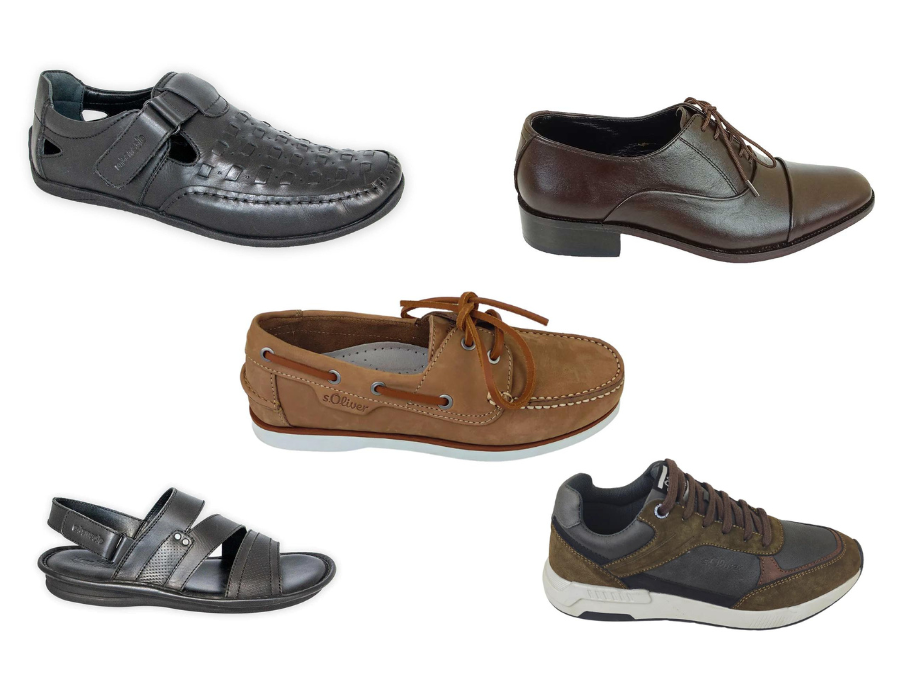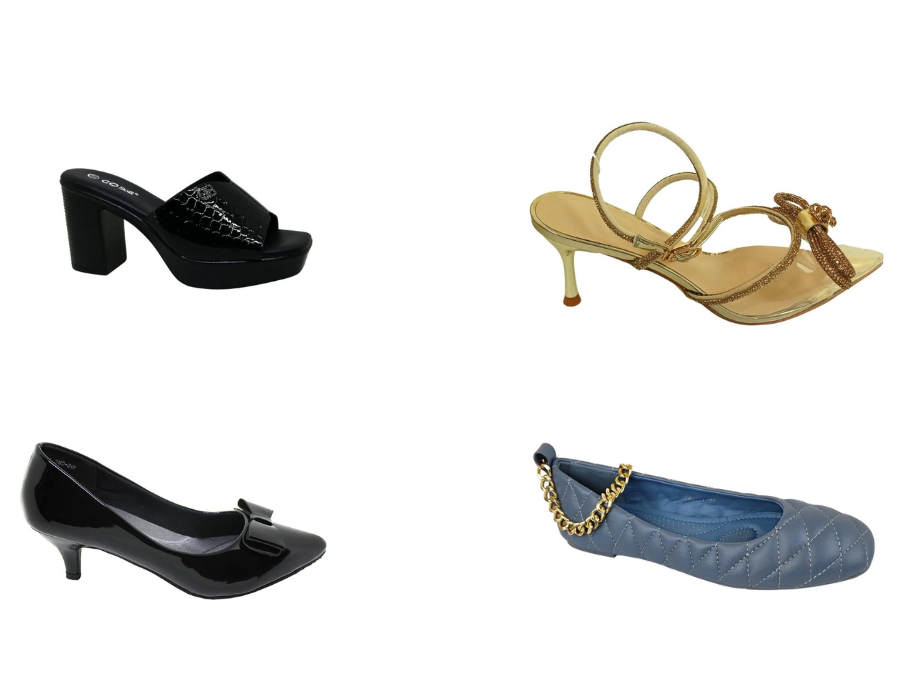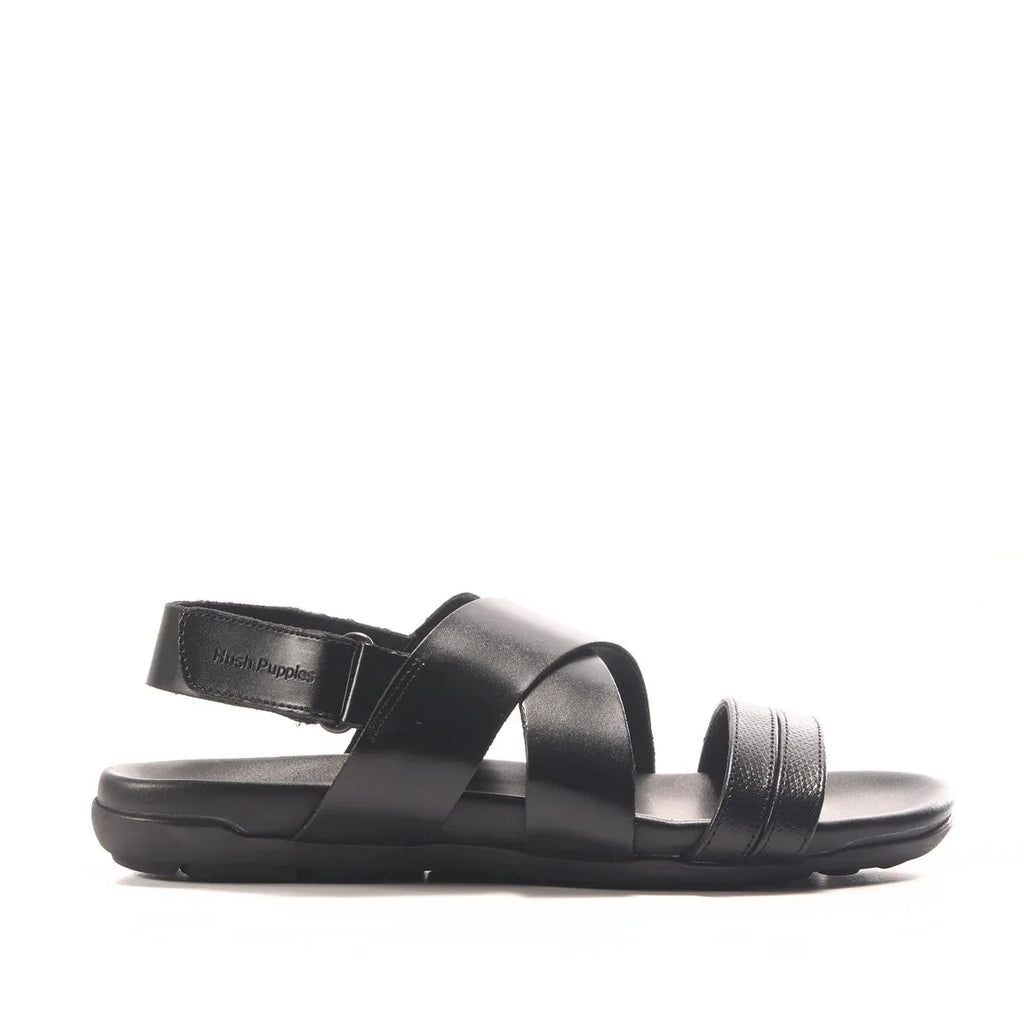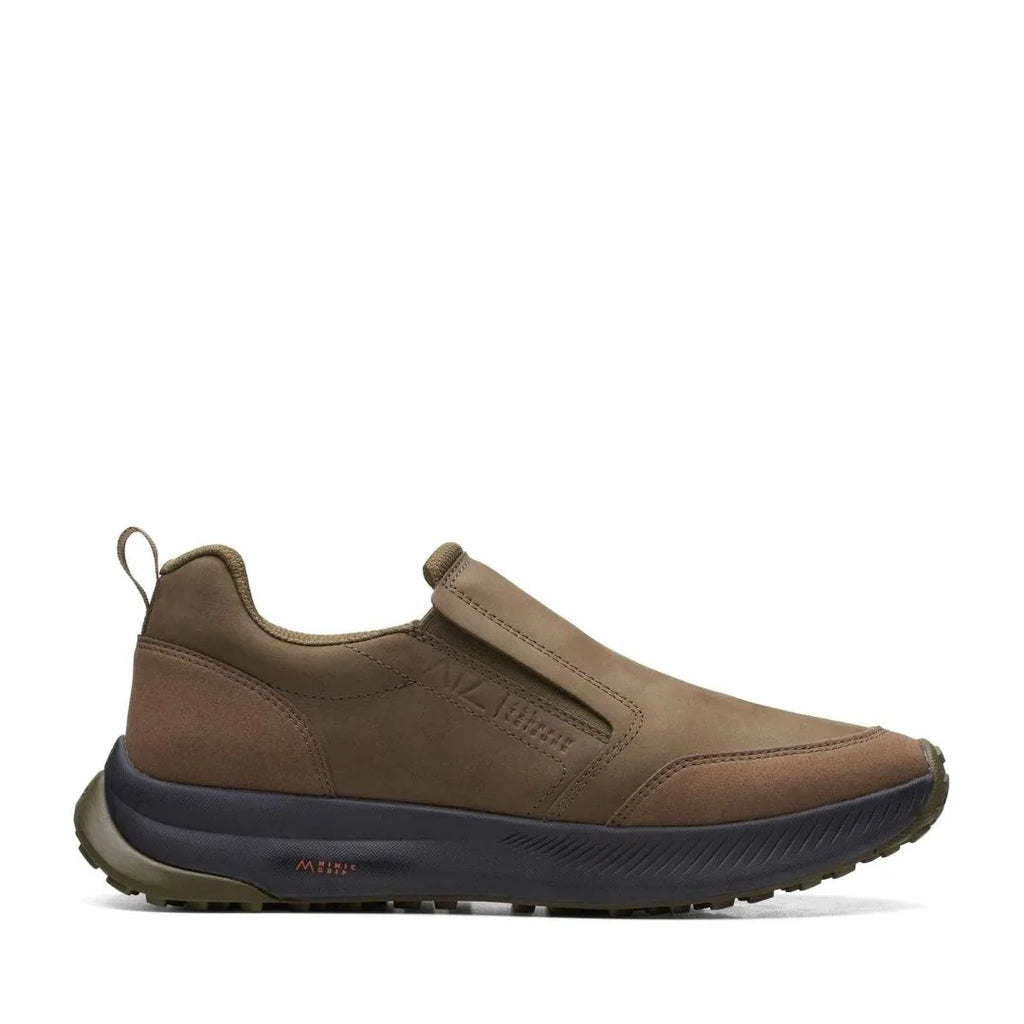
Which shoes to which suit?

I. Introduction
Shoes can make or break an outfit, especially when it comes to suits. Choosing the right shoes to match your suit is essential for creating a polished, put-together look. The shoes you choose to wear with a suit can have a significant impact on the overall impression you give, and a mismatched pair can instantly ruin an otherwise perfect outfit.
Choosing the right shoes can be a daunting task, as there are many different factors to consider, including the color and style of the suit, the occasion, and your personal style. In this blog post, we will provide a comprehensive guide on which shoes to wear with which suit. We will cover the appropriate shoe colors and styles for black, navy blue, grey, and brown suits, as well as other factors to consider when matching shoes with a suit. By the end of this post, you will have a better understanding of how to choose the perfect pair of shoes to complement your suit and create a stylish, sophisticated look.
Matching your shoes with your suit is an important aspect of creating a cohesive and polished look. Here are some reasons why:
- It shows attention to detail: Matching your shoes with your suit demonstrates that you pay attention to the details of your outfit. This can create a positive impression on others and give the impression that you are conscientious and put together.
- It creates a harmonious appearance: Wearing shoes that match the color and style of your suit creates a sense of harmony in your outfit. This can make you look more put together and stylish.
- It can enhance your outfit: Wearing shoes that complement your suit can enhance the overall look of your outfit. For example, if you wear a navy suit, a pair of brown or black shoes can add sophistication and depth to your outfit.
- It is a sign of professionalism: In many professional settings, wearing a suit and matching shoes is expected. By matching your shoes with your suit, you show that you take your professional appearance seriously and that you are committed to presenting yourself in a professional manner.
Overall, while it may seem like a small detail, matching your shoes with your suit can have a big impact on your overall appearance and how others perceive you.
-
Formal vs. Casual Shoes
Formal shoes and casual shoes are two distinct types of footwear that are designed for different occasions and purposes. Here are some of the main differences between the two:
- Style: Formal shoes are typically designed to be more sleek, understated, and elegant, with clean lines and classic designs. In contrast, casual shoes often feature more embellishments, such as contrasting colors, patterns, and textures.
- Materials: Formal shoes are typically made from high-quality materials, such as leather or suede, that are often polished or finished to give them a glossy appearance. Casual shoes, on the other hand, can be made from a wider range of materials, including canvas, denim, or synthetic materials.
- Comfort: Casual shoes are generally more comfortable to wear than formal shoes, as they are designed for everyday use and can often feature softer soles and more flexible materials. Formal shoes, on the other hand, may be less comfortable due to their harder soles and stiffer construction.
- Occasion: Formal shoes are typically worn for more formal occasions, such as business meetings, weddings, or other special events that require a more polished and sophisticated appearance. Casual shoes, on the other hand, are designed for everyday wear, such as running errands, going to the park, or meeting friends.
- Color: Formal shoes are typically available in more neutral and subdued colors, such as black, brown, or navy, that can be easily matched with formal attire. Casual shoes, on the other hand, can come in a wider range of colors and patterns that are designed to be more eye-catching and expressive.
Overall, the main differences between formal and casual shoes are their style, materials, comfort, occasion, and color. When choosing between the two, it's important to consider the occasion and dress code, as well as your personal style and comfort preferences.
The appropriate occasions to wear formal and casual shoes are different and depend on the dress code and context of the event or activity. Here are some examples of when to wear each type of shoe:
Formal Shoes:
- Business meetings or interviews: Wearing formal shoes with a suit or dress pants can make a good impression on potential employers or clients.
- Weddings or formal events: Formal shoes are typically required for black-tie events or other formal occasions, such as weddings, galas, or other special events.
- Funerals: Dress shoes in more subdued colors like black or dark brown are typically worn at funerals or other solemn occasions.
- Job interviews: Wearing formal shoes to a job interview can give the impression that you are professional and take the opportunity seriously.
Casual Shoes:
- Casual outings: Casual shoes are appropriate for casual outings, such as going to the park, shopping, or running errands.
- Weekend events: You can wear casual shoes to a casual brunch, a weekend barbecue, or a concert.
- Beach or pool parties: Sandals, flip-flops, or slip-on shoes are the ideal choice for a beach or pool party.
- Informal social events: Casual shoes can be worn to informal social events like house parties, happy hours, or low-key dinner parties.
In general, formal shoes are best suited for formal occasions, while casual shoes are more appropriate for casual events or everyday wear. It's important to dress appropriately for the occasion to feel comfortable and confident
